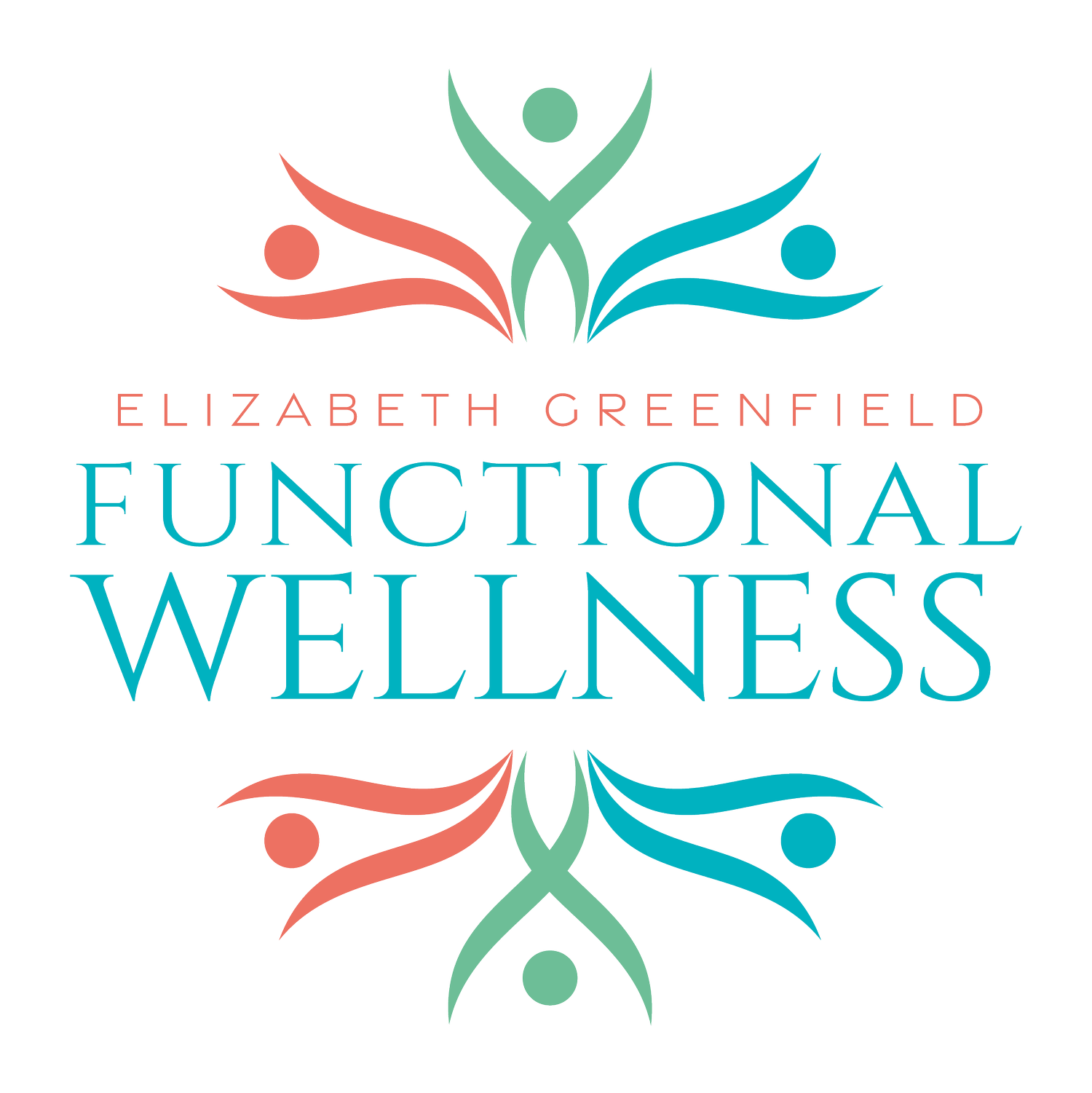The Unraveling Impact of Stress: A Functional Medicine Perspective
In functional medicine, delving into the root causes of health issues is paramount. Through comprehensive lab analysis, particularly assessing salivary cortisol levels, a recurring pattern emerges: stress stands tall as a primary culprit behind many health concerns. As a certified Functional Medicine Practitioner, I've witnessed firsthand how stress can wreak havoc on our bodies in subtle yet significant ways.
Salivary cortisol testing offers a window into how the body responds to stress throughout the day. Elevated cortisol levels, especially when prolonged or erratic, can indicate chronic stress, which has far-reaching implications for our health and well-being. From hormonal imbalances to digestive disturbances, the negative impacts of stress are pervasive and profound.
The body can only temporarily keep up with the high output of cortisol needed for stress response. An intelligent feedback design in the body ultimately shuts off this output, often leaving people feeling extremely fatigued and having difficulty with motivation.
One key area where stress exerts its influence is on our hormonal balance. Chronic stress can disrupt the delicate interplay of hormones, leading to imbalances in cortisol, insulin, thyroid, and reproductive hormones. This dysregulation can contribute to a host of health issues, including adrenal fatigue, thyroid dysfunction, menstrual irregularities, and fertility challenges.
Stress is not limited to affecting our hormones—it also has a profound impact on our immune system, cardiovascular health, cognitive function, and gut health. Chronic stress has been associated with increased inflammation, compromised immune function, elevated blood pressure, cognitive impairments, and disruptions in the gut microbiome. This wide-ranging effect of stress on our health underscores the need for effective stress management.
In the face of these realities, establishing a self-care practice becomes non-negotiable. Cultivating habits that support stress management and resilience is essential for prioritizing our health and well-being. This can include mindfulness practices, regular physical activity, adequate sleep, nourishing nutrition, meaningful social connections, and hobbies that bring joy and relaxation. I practice self-care just by listening to my body in an open and honest way.
By prioritizing self-care and implementing strategies to mitigate the impact of stress, we can reclaim control over our health and foster a greater sense of vitality and well-being. Together, let's embark on a journey towards holistic health, where stress is no longer a silent antagonist but a catalyst for positive transformation. And let’s do it in the community, encouraging each other to take a time-out regularly to care for our bodies.
